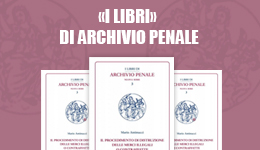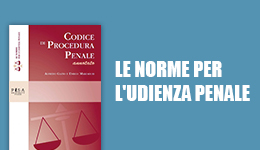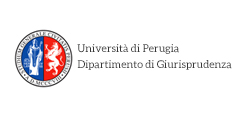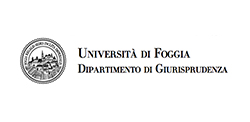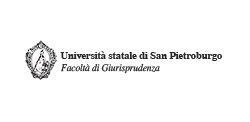The untouchables: la fase delle indagini preliminari, l’ufficio del pubblico ministero e i loro misteri
Archivio Penale
© dell'autore 2022
Ricevuto: 10 August 2022
| Accettato: 22 August 2022
| Pubblicato: 25 August 2022
L’intero articolo è disponibile
Riassunto
Allo stato quella della fase d’indagine preliminare è un’immagine priva di sbavature: l’abnorme quantità di poteri cumulati nelle mani del pubblico ministero finisce con il caratterizzare l’andamento successivo del procedimento, influenzandolo funditus, determinandone l’emersione o l’affossamento nell’incipit, influenzandone le sorti tramite la raccolta del materiale investigativo, su cui influisce nell’an, nel quantum e nella direzionalità dimostrativa; chiedendo l’archiviazione o esercitando l’azione in un sostanziale solipsismo che esclude effettive verifiche, il tutto consumando non poca parte dei tempi del procedimento penale e soprattutto vasti margini del diritto alla prova della difesa, ma anche della vittima. Un potere del pubblico ministero di tale portata da annichilire ogni possibilità (effettiva) di tutela delle posizioni giuridiche soggettive coinvolte: dallo status libertatis, alla possibilità per la difesa di esercitare il diritto alla prova, per finire con le posizioni giuridiche soggettive pertinenti pure alle vittime. La Riforma Cartabia tenta rimedi in concreto inidonei a porre rimedio a questa parte della legislazione di rito penale.
The untouchbles: the preliminary investigation phase, the public prosecutor's office and their mysteries
At the state of the preliminary investigation phase, it is an absolutely flawless image: the abnormal amount of powers accumulated in the hands of the public prosecutor ends up characterizing the subsequent course of the proceedings, influencing it funditus, determining its emergence or 'sinking in the incipit, influencing its fate through the collection of investigative material, which it affects in the an, quantum and demonstrative directionality; requesting the filing or exercising the action in a substantial solipsism that excludes actual checks, all consuming not a little part of the time of the criminal proceedings and above all vast margins of the right to proof of the defense, but also of the victim. A power of the public prosecutor of such magnitude as to annihilate every possibility (effective) of protection of the subjective legal positions involved: from the status libertatis, to the possibility for the defense to exercise the right to proof, to finish with the subjective legal positions that are relevant as well to the victims. The Cartabia Reform attempts unsuitable remedies to remedy this part of the criminal law legislation.
Percorso di valutazione
Peer reviewed. Certificazione della qualità


